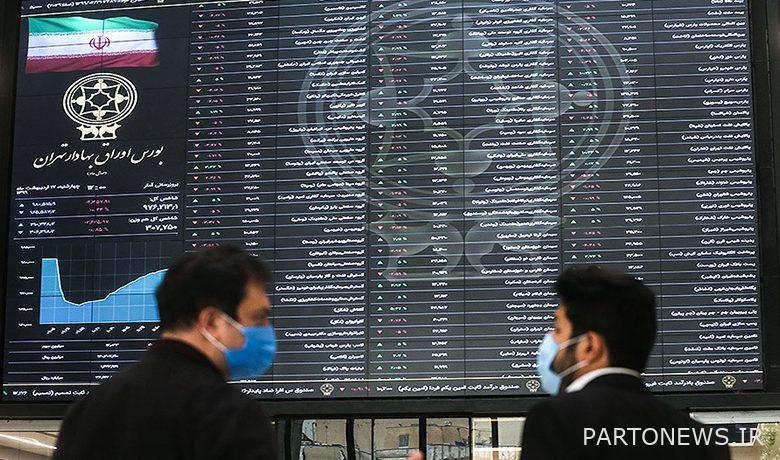Did the 13th government fulfill its promises? / Increasing mistrust in the stock market

According to Tejarat News, the press conference of Ebrahim Raisi, the head of the 13th government, was held yesterday. Many different questions were raised in this press conference; But the priority of all these questions was the truthfulness of the government’s promise.
Investigations show that the president has fulfilled only a small part of his promises and the main promises have not been fulfilled. Of course, some of the promises have been half-implemented, which takes a lot of time to complete.
Stock exchange promises of the 13th government
During the election of the 13th term of the presidency, Ebrahim Raisi made many promises, and the follow-up of each of them has become a popular demand. The most important part of Ebrahim Raisi’s promises was related to the improvement of the capital market situation and addressed to the shareholders. Now, many stock market activists believe that what is known as President’s 10 Stock Exchange Promises has not been implemented.
But what were the 10 promises of the stock market? First, rapid reform of the capital market
- Stability in rules and avoiding sudden decisions
- Activating the capital market support and stabilization fund
- Reducing the tax rate from 25 to 10 percent
- Preventing the orderly administration of the market
- The stock market will not compensate for the budget deficit
- Eliminating the prescriptive pricing problem
- Prohibition of knowingly and unknowingly fluctuating legal rights
- Solving the Oscillation Range Problem
- Effective issuance of securities to cover retail shareholders
Investigations show that only half of the president’s stock market promises have been implemented incompletely. For example, in just a few days, the promise of stability in laws and preventing sudden decisions was implemented, and after the capital market, it returned to its previous state.
This non-fulfillment of promises can affect the entire economy and the stock market. Not being faithful to the promises of the stock exchange leads to the withdrawal of liquidity and lack of trust, and these two basic components can also provide the basis for the fall of the stock market.
Of course, considering that Ibrahim Raisi said that we will be faithful to our promises, these promises will probably be fulfilled by the end of the government.

